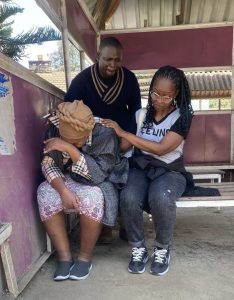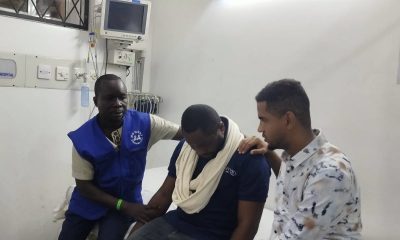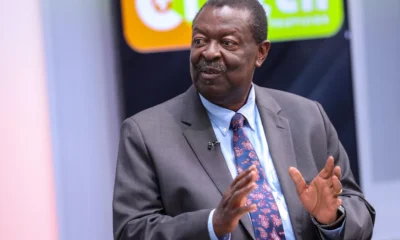Africa
Where Mwabili Is Mwagodi? Questions As Kenyan Activist Vanishes in Tanzania
Mwagodi, who works in Tanzania’s hospitality sector, was last seen on Wednesday, July 23, when unknown individuals reportedly seized him while traveling in Dar es Salaam.
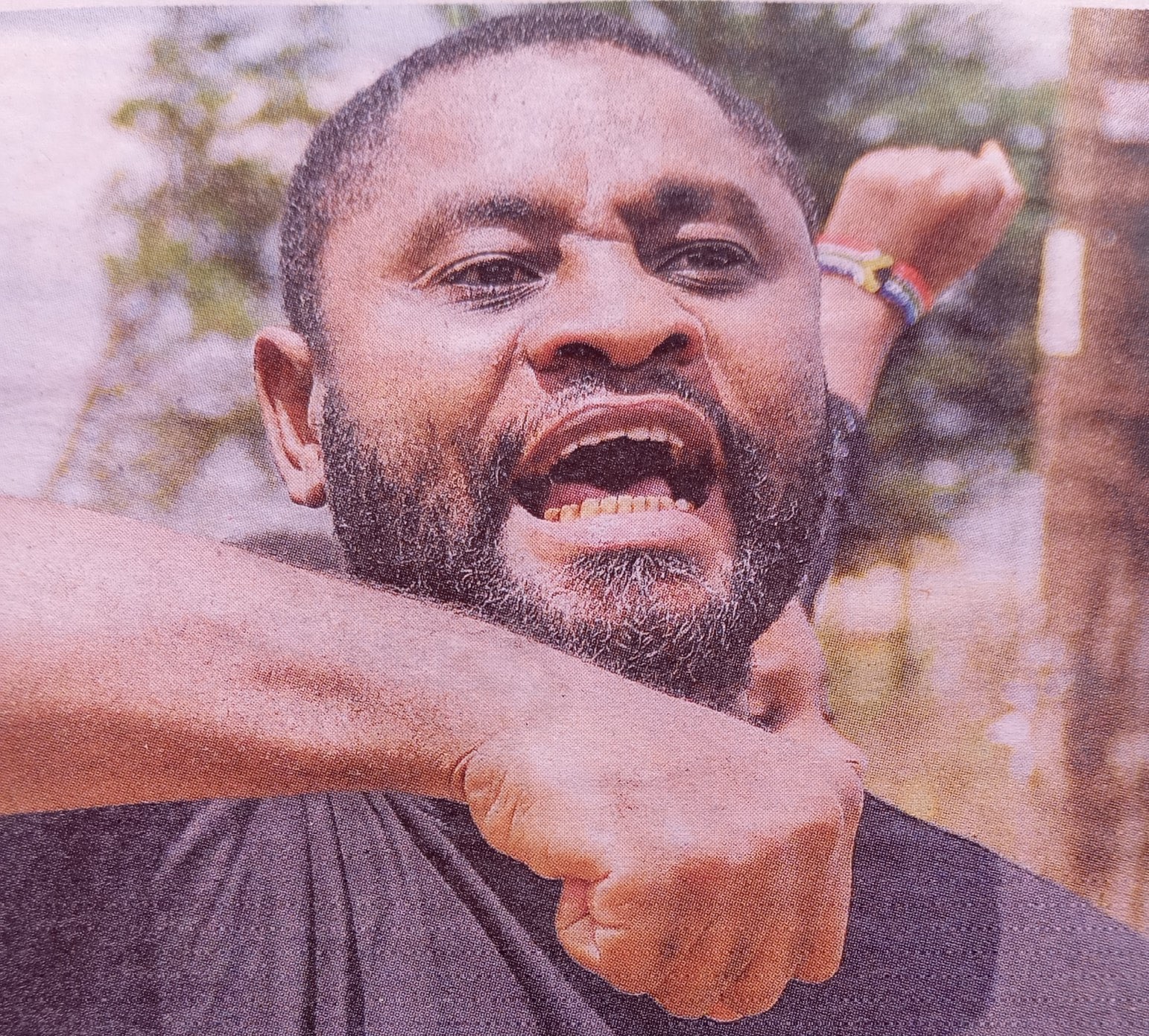
Three days have passed since Kenyan activist Mwabili Mwagodi disappeared in Dar es Salaam, Tanzania, and the silence from both governments is deafening.
What began as a routine day for the outspoken critic of President William Ruto’s administration has turned into a desperate search by family members and human rights organizations demanding immediate action.
Mwagodi, who works in Tanzania’s hospitality sector, was last seen on Wednesday, July 23, when unknown individuals reportedly seized him while traveling in Dar es Salaam.
Since then, his phone has gone silent, and his sister Isabella Kituri can no longer reach him despite repeated attempts.
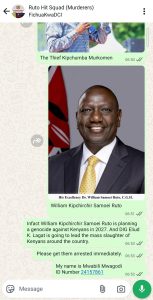
A viral screenshot shows Mwabili criticizing the government in a chat addressed to just unveiled DCI crime reporting WhatsApp platform.
The disappearance has triggered alarm bells among Kenya’s human rights community, which sees disturbing parallels to recent cross-border repressions.
Amnesty International-Kenya, the Kenya Human Rights Commission, and Vocal Africa have jointly condemned what they describe as a coordinated effort between Kenyan and Tanzanian authorities to silence dissent.
“Mwabili Mwagodi’s activism is not a crime. His disappearance, however, is,” said Irungu Houghton, Amnesty International-Kenya’s Executive Director.
The activist had reportedly been runder state surveillance in Kenya after leading a demonstration against the Ruto government during a church service in Nyahururu, Laikipia.
This incident echoes the June abduction of prominent activist Boniface Mwangi and Ugandan journalist Agather Atuhaire, who were seized in Dar es Salaam, tortured, and later dumped at their respective borders.
Both had traveled to Tanzania to attend court proceedings for opposition leader Tundu Lissu’s treason case.
When Mwagodi’s family, accompanied by Vocal Africa CEO Hussein Khalid, approached Kenya’s Directorate of Criminal Investigations for help, they were turned away. The DCI cited jurisdictional limitations, claiming they cannot intervene in matters occurring outside Kenya’s borders.
“We have worked with the family; we have reported the matter at Kilimani Police Station. We have taken the family to DCI but the DCI cited lack of jurisdiction,” Khalid explained after the frustrating encounter.
Mwagodi rose to prominence during last year’s anti-government demonstrations that successfully defeated the controversial Finance Bill 2024.
His vocal criticism of political interference in religious spaces and demands for justice and equality made him a target for authorities uncomfortable with dissent.
His sister’s plea cuts through the political rhetoric: “If there is anything else, he should just be produced through legal justice system and it should be transparent because it is enough. I’m asking the Kenyan and Tanzanian government, please, use the legal protocols to address this issue.”
The Kenya Human Rights Commission has described the regional crackdown on activists as “deliberate, coordinated, and criminal,” pointing to what they see as an authoritarian alliance between the two East African neighbors.
They demand Mwagodi’s immediate release, full disclosure of his whereabouts and condition, and independent investigations into threats against his family.
As Saturday evening approaches, neither Kenya nor Tanzania has issued any statement about Mwagodi’s fate.
The Ministry of Foreign Affairs has been contacted to escalate the matter, but the activist’s family continues their agonizing wait for answers about where their loved one is and whether he is safe.
The question haunting Kenya’s human rights community remains painfully simple yet increasingly urgent: Where is Mwabili Mwagodi?
Kenya Insights allows guest blogging, if you want to be published on Kenya’s most authoritative and accurate blog, have an expose, news TIPS, story angles, human interest stories, drop us an email on [email protected] or via Telegram
-

 Grapevine2 weeks ago
Grapevine2 weeks agoRussian Man’s Secret Sex Recordings Ignite Fury as Questions Mount Over Consent and Easy Pick-Ups in Nairobi
-

 News1 week ago
News1 week agoTHE FIRM IN THE DOCK: How Kaplan and Stratton Became the Most Scrutinised Law Firm in Kenya
-

 Investigations1 week ago
Investigations1 week agoMulti-Million Dollar Fraud: Three Kenyans Face US Extradition in Massive Cybercrime Conspiracy
-

 Economy1 week ago
Economy1 week agoIran Demands Arrest, Prosecution Of Kenya’s Cup of Joe Director Director Over Sh2.6 Billion Tea Fraud
-

 Business1 week ago
Business1 week agoA Farm in Kenya’s Rift Valley Ignites a National Reckoning With Israeli Investment
-

 Africa2 weeks ago
Africa2 weeks agoFBI Investigates Congresswoman Ilhan Omar’s Husband’s Sh3.8 Billion Businesses in Kenya, Somalia and Dubai
-

 Grapevine4 days ago
Grapevine4 days agoA UN Director Based in Nairobi Was Deep in an Intimate Friendship With Epstein — He Even Sent Her a Sex Toy
-

 Politics2 weeks ago
Politics2 weeks agoSifuna, Babu Owino Are Uhuru’s Project, Orengo Is Opportunist, Inconsequential in Kenyan Politics, Miguna Says

